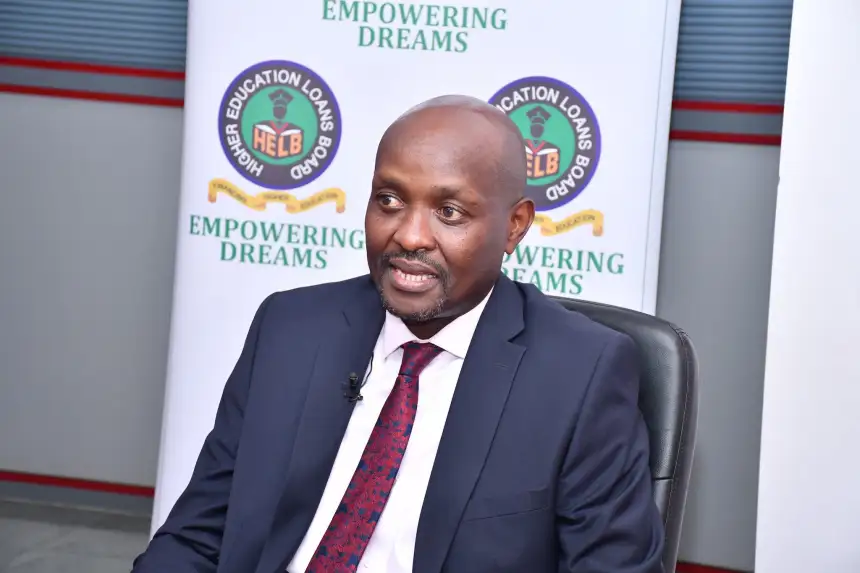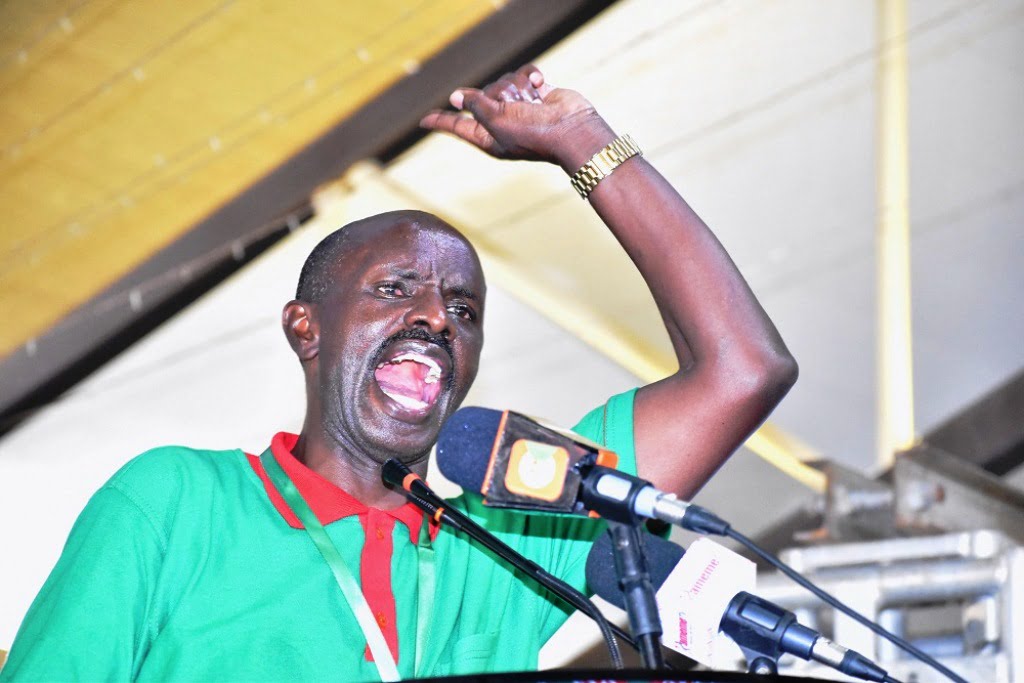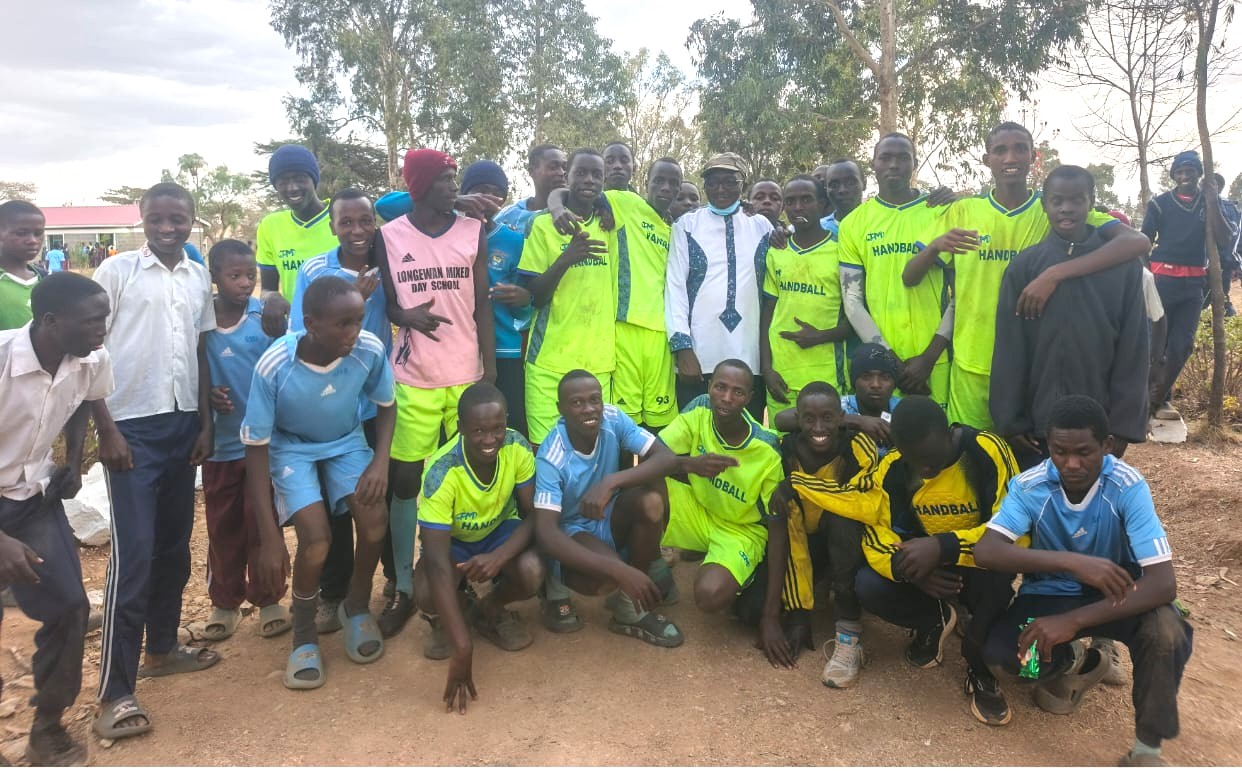The Higher Education Loans Board (HELB) has announced the blacklisting of more than 64,000 former beneficiaries of government student loans who have defaulted on repayment.
The HELB CEO Geoffrey Monari, said the move involving listing them with the Credit Reference Bureau (CRB), effectively cuts them from accessing credit facilities such as loans and mortgages.
“The HELB model is designed as a revolving fund where money recovered from past beneficiaries is ploughed back to support current students. At least 708,000 students are enrolled in Kenyan universities while over 100,000 graduates this year alone. Without loan repayment, supporting the surging number becomes hard that is why as an agency we’ve decided to go this route.” He said.
Monari further revealed that about 300,000 former students are collectively holding Ksh32 billion in unpaid loans, saying the agency has, in the last 30 years, advanced Ksh 195 billion in student loans that many depend on for tuition meals and books.
“Last year alone, we collected Ksh5.2 billion, which supported 50,000 university students and 114,000 students in technical and vocational training institutions,” Monari said
ALSO READ:
He added that, without consistent loan repayments, the sustainability of the scheme is strained. Employers are legally required to report graduates they employ within 30 days, and start deductions which they’re remitted to HELB.
Monari also stated that to tackle the rising tide of defaulting, HELB has devised a multi-pronged strategy. One is the establishment of a self-protection fund, where 0.037 per cent of every loan is set aside to cover beneficiaries who stole before repayment. So far, about 2,000 have died with unpaid loans.
“We have also intensified inspections of employers to ensure they are remitting deductions. This year alone, we carried out 28 inspections and filed 23,000 past students who had not started paying. Others are being pursued through debt collectors and guarantors, hardcore defaulters—some dating back 20 years—are among the first batch to face CRB blacklisting.” Monari said.
Monari noted there are graduates in steady jobs but who have refused to pay, even as he called on those earning too little to spare any money for repayment. Then there is a third category of those who are willing but unaware of the repayment process.
“If someone is surviving o Ksh 5,000 a month in a casual job, it is unfair to expect consistent loan repayment,” admitted Monari. “But we are encouraging even small, regular contributions to keep their accounts active.”
ALSO READ:
Stakeholders push for corporal punishment amid rising school unrest in South Rift
He added that HELB is also pushing for legal reforms to tighten compliance. Proposed amendments include freezing accounts of graduates who are able but unwilling to pay and penalties for employers who deduct but fail to return loan payments.
“Currently, employers owe us Ksh34 million in unremitted reductions. We are working with the Attorney-General’s office to recover this money. We want the proposed laws to strengthen our hand,” said Monari.
He said that the agency has also turned its attention to pursue loanees living abroad, saying that with the help of the Ministry of Foreign and Diaspora Affairs, they pursue graduates working overseas. Last year, the effort yielded Ksh100 million in collections. This financial year, Ksh 20 million has been collected from diaspora repayments.
“It’s a promising stream, and we want more Kenyans abroad to honour their obligations,”Monari said.
To encourage compliance, HELB occasionally runs penalty waiver campaigns to allow defaulters settle their principal loans without the heavy burden of accumulated fines.
By Juma Ndigo
You can also follow our social media pages on Twitter: Education News KE and Facebook: Education News Newspaper for timely updates.
>>> Click here to stay up-to-date with trending regional stories
>>> Click here to read more informed opinions on the country’s education landscape






